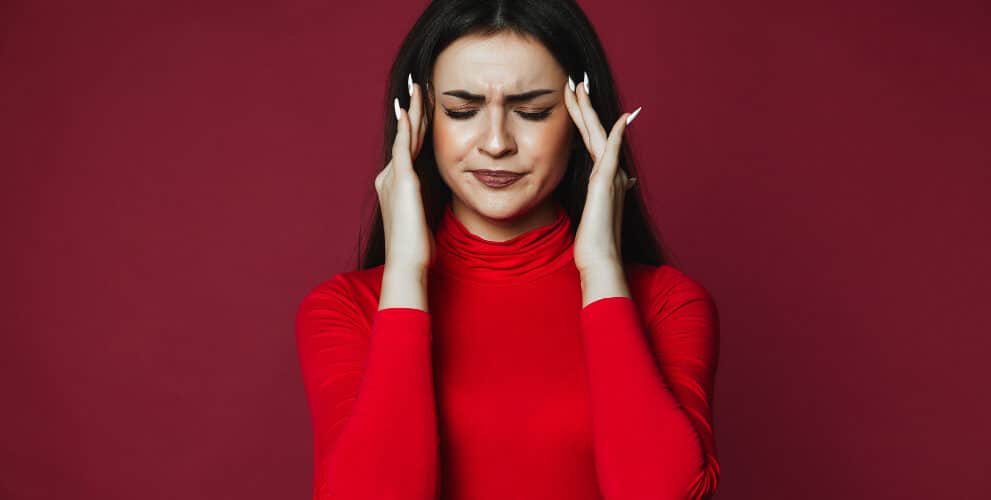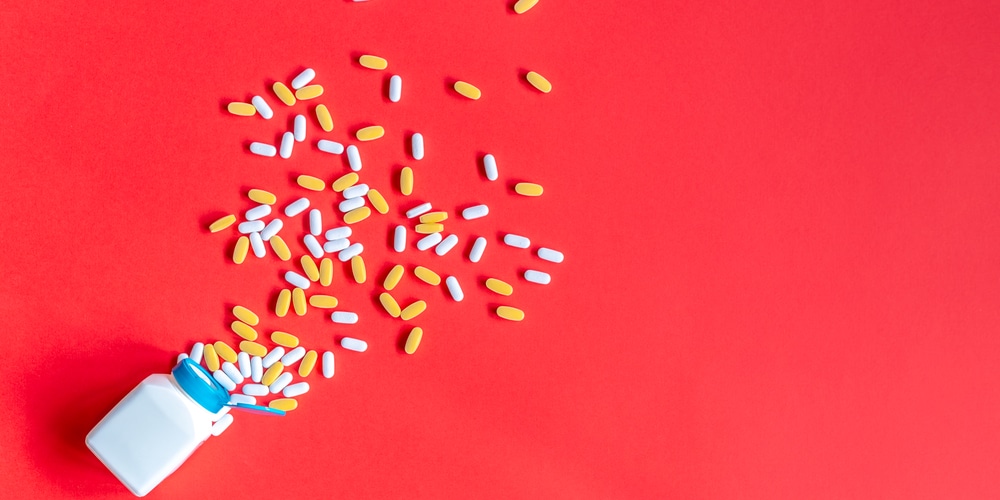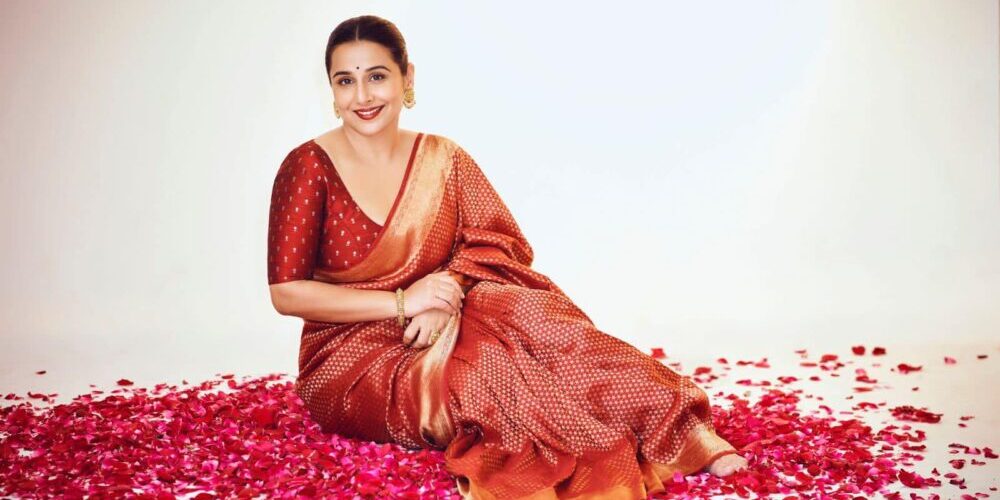Why are headaches rising among children and teenagers?
New data shows over half of Indian adolescents report recurrent headaches, with girls more prone due to hormonal changes
Author
Author
- admin / 5 months

- 0
- 4 min read

Author
Shriya Koul, a media student, was just 10 years old when she first experienced the strange, throbbing pain on one side of her head. Her mother and maternal grandfather had both suffered from migraines – and in 2018, Koul too was diagnosed with the condition.
“It wasn’t as acute as theirs, but it was still very disruptive,” she says. “The pain wouldn’t ease until I got proper sleep, and it made it nearly impossible to study or even concentrate.”
Now 23, Koul is one of a growing number of young people battling migraine since childhood.
A study published in Indian Journal of Pediatrics found that 57.5 percent of 2235 adolescents surveyed in the country had experienced recurrent headaches in the past year. Out of these, 2% had chronic migraines, a condition more common among girls than in boys because of hormonal changes during puberty.
When do these headaches begin?
Headaches may start as early as preschool years; however, their occurrence increases and becomes more complicated during the adolescent period. An article published Pubmed Central titled “Headache in Children and Adolescents” points out that 60% children and adolescents in the world battle significant headache with 7.7% to 9.1% of them diagnosed with migraine.
Similarly, a study published in The Journal of Headache and Pain reveals a rise in migraine and headache cases among 10–24-year-olds over the past three decades – more so in males and older teens.
Why are headaches increasing in children?
“Headaches in children are increasingly becoming a concern,” says Dr Arun Garg, Chairman, Neurology at Medanta. “But not every headache should immediately be diagnosed as a migraine. It’s important to understand the root causes first.”
According to Dr Garg, tension-type headaches are more common than migraines in children. “If the headache is generalised, frequent, and not associated with typical migraine symptoms like photophobia, nausea, or vomiting, then it’s likely not migraine. Instead, stress, irregular food habits, sleep deprivation, and lifestyle patterns are often the main culprits,” he explains.
He also highlights the rise in screen exposure and dietary issues among children. “Today, kids are constantly on their phones, watching videos, scrolling through Instagram. Add to that late nights, skipped meals, and the popularity of junk food like burgers and pizzas- it all creates the perfect reason for frequent headaches,” he notes.
This is also backed by studies. According to this study , 20% of girls and 6% of boys experienced headaches at the age of 17-20, with much of it associated with poor diet and dehydration. What is more, 88% of girls and 76% of boys with headaches had accompanying problems such as poor sleep, fatigue, or mental distress.
Emotional and psychological stress is another key factor. A paper in Sage Journal shows that 30% of the reported recurrent headaches mainly resulted from comorbidities like allergies and mental health issues.
“Academic pressure on children, adjustment issues, bullying, and even conditions related to obesity—like Idiopathic Intracranial Hypertension (IIH), where pressure builds around the brain—can all be contributing factors,” Dr Garg explains.
How to prevent
Dr Garg suggests going back to the basics. “Sleep well, eat on time, and avoid triggers,” he advises.
“In fact, we follow the ‘3S and 2F’ rule when talking about migraine triggers: Stress, sleep deprivation, and sunlight exposure, along with fast food. These are the most common causes and also the easiest to manage with awareness.”
He adds that tracking triggers is essential: “If a child experiences a headache, think back on the last 24 hours—what did they eat? Were they exposed to bright sunlight or did they have a stressful day at school? Small observations can make a big difference in identifying patterns and preventing future episodes.”
Also read: Salman Khan battles Brain Aneurysm, leading to severe headaches: What these mean
(Do you have a health-related claim that you would like us to fact-check? Send it to us, and we will fact-check it for you! You can send it on WhatsApp at +91-9311223141, mail us at hello@firstcheck.in, or click here to submit it online)










